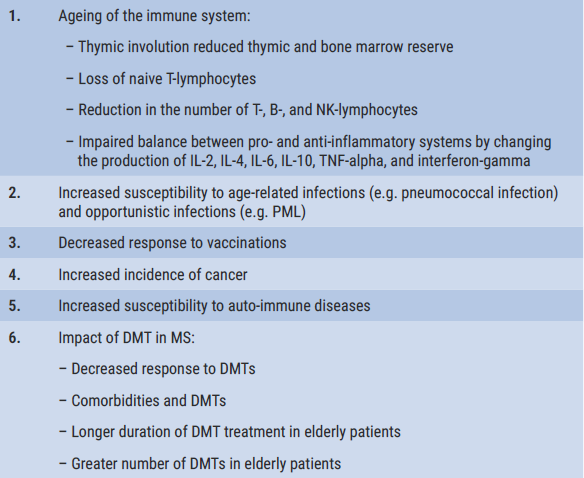"The research project was conducted because we were seeing patients being referred to us for an evaluation of dementia 'in the setting of being alcoholics,'" Dr. Georges Naasan of the Icahn School of Medicine at Mount Sinai in New York City told Reuters Health by email. "However, upon evaluation, those patients were found to never have abused alcohol until their disease started."
"When you see patients who did not have any behavior to suggest alcohol abuse in their life, suddenly start abusing alcohol in their late 40s, 50s and 60s, please include a frontal lobe dysfunction on your clinical differential," he advised. "Evaluate for it in the same way you evaluate for other causes of new-onset alcohol abuse, including referring to a neurologist as appropriate. That is important because it will also change the management of patients and hopefully avoid a lot of hardship for patients and their families."
As reported in the Journal of Alzheimer's Disease, to identify the frequency of lifelong alcohol abuse (L-AA), LO-AA, and alcohol abuse as a first symptom of dementia (AA-FS), Dr. Naasan and colleagues analyzed data from 1,518 individuals diagnosed with bvFTD, Alzheimer-type dementia (AD), and semantic variant primary progressive aphasia (svPPA).
L-AA was defined as onset before age 40; LO-AA as onset at age 40 or later; and AA-FS, when the abuse started within the first three years from symptom onset.
LO-AA frequency was 2.2%, and it was significantly more frequent in patients with bvFTD than AD (7.5% vs. 1.3%), but not svPPA (4.4%).
Similarly, AA-FS was more frequent in bvFTD patients than AD (5.7% vs. 0.7%), but not svPPA (2.2%).
The authors write, "Alcohol abuse onset later in life should prompt a clinical investigation into the possibility of an underlying neurodegenerative process because delay in diagnosis and treatment may increase patient and caregiver burden. The results need to be interpreted with caution due to the limitations of the study."
Those limitations include the retrospective nature of the study, lack of access to information about the quantities of alcohol consumers, and participants' psychosocial context (e.g., divorce, loss of work, lack of support).
Dr. Gustavo Roman, The Jack S. Blanton Presidential Distinguished Chair for the Study of Neurological Disease and a professor of Neurology at Weill Cornell Medical College in New York City and at Methodist Neurological Institute in Houston, commented by email.
"The finding of alcohol abuse in elderly subjects with dementia is an important one and confirms what I have observed in our Memory Clinic at Houston Methodist Hospital," he said. "The mean frequency of alcohol abuse in the study was low. However, in my experience, so-called social drinking is much more common."
"Many patients with mild cognitive impairment do not feel they are abusing alcohol but every night they drink one or two vodkas ('shaken, not stirred') followed by 1-2 glasses of wine and often a nightcap to help them sleep," he noted. "As a rule, I tell my patients to stop drinking alcohol completely - often a difficult endeavor."
Dr. Bibhuti Mishra, Director of Neurology at Long Island Jewish Forest Hills (LIJ Forest Hills) in Queens, New York, also commented in an email to Reuters Health. "I do see life-long and late-onset alcohol abuse in my practice, but have not kept track of the patients' characteristics. So, this paper will definitely raise my awareness of alcohol abuse as the first symptom of FTD."
However, he added, "All of these observational descriptive studies beg the question of mechanism, which is the type of research I would like to see, whether in animal models where tracts and network changes can be studied directly or in humans using tractography/resting state network analysis."
SOURCE: https://bit.ly/3xCqa3f Journal of Alzheimer's Disease, online April 5, 2022.
By Marilynn Larkin
Posted on
Previous Article
« Co-prescribed PDE5 inhibitors and nitrates not tied to adverse outcomes Next Article
Pfizer/BioNTech vaccine safe after myocarditis »
« Co-prescribed PDE5 inhibitors and nitrates not tied to adverse outcomes Next Article
Pfizer/BioNTech vaccine safe after myocarditis »
Related Articles
December 9, 2021
Long-term efficacy data: inebilizumab for NMOSD
August 18, 2021
Erenumab superior to topiramate for migraine treatment

September 7, 2023
Immunosenescence and MS: relevance to immunopathogenesis and treatment
© 2024 Medicom Medical Publishers. All rights reserved. Terms and Conditions | Privacy Policy
HEAD OFFICE
Laarderhoogtweg 25
1101 EB Amsterdam
The Netherlands
T: +31 85 4012 560
E: publishers@medicom-publishers.com

